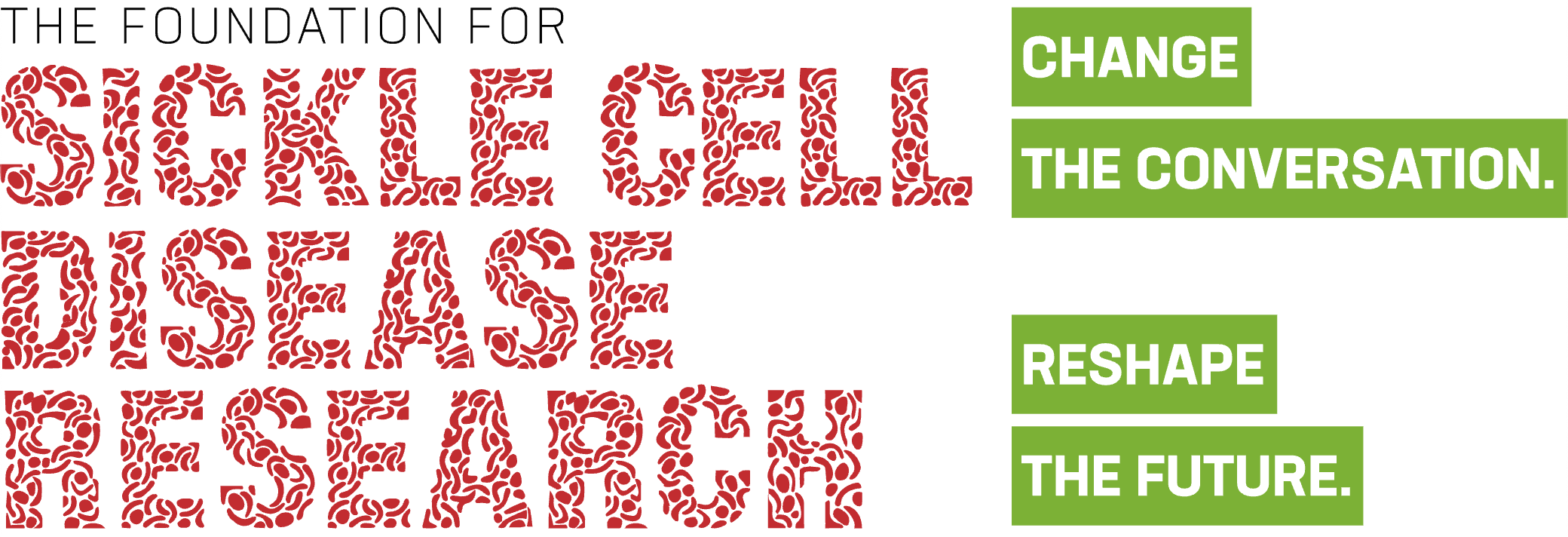
Expert Guidance for Navigating Comprehensive Sickle Cell Disease Care for Pediatric Patients
SCD is an inherited blood disorder where the body produces an abnormal form of hemoglobin, a protein in red blood cells that carries oxygen. Sickle cell anemia (SCA; homozygous sickle hemoglobin [HbS], i.e. HbSS) occurs when thymine is substituted for adenine in the 6th codon of the beta-globin gene, resulting in the production of valine (a hydrophobic amino acid) instead of glutamic acid, which is hydrophilic.
The course will help understand the pathophysiology and burden of SCD in children. It will also present the importance and use of evidence-based strategies in identifying and diagnostic confirmation of SCD in children. Finally, the course will provide information on multidisciplinary care approaches so that comprehensive SCD treatment and management for pediatric patients can be fostered.
Learning Objectives
- To understand the pathophysiology of SCD
- To learn the clinical manifestations of SCD in children
- To recognize the guidelines for the diagnosis of SCD
- To examine the plausible newborn screening results
- To assess the evolving treatment paradigm and comprehensive management of pediatric patients with SCD
Available Credit
- 1.00 Participation

 Facebook
Facebook X
X LinkedIn
LinkedIn Forward
Forward